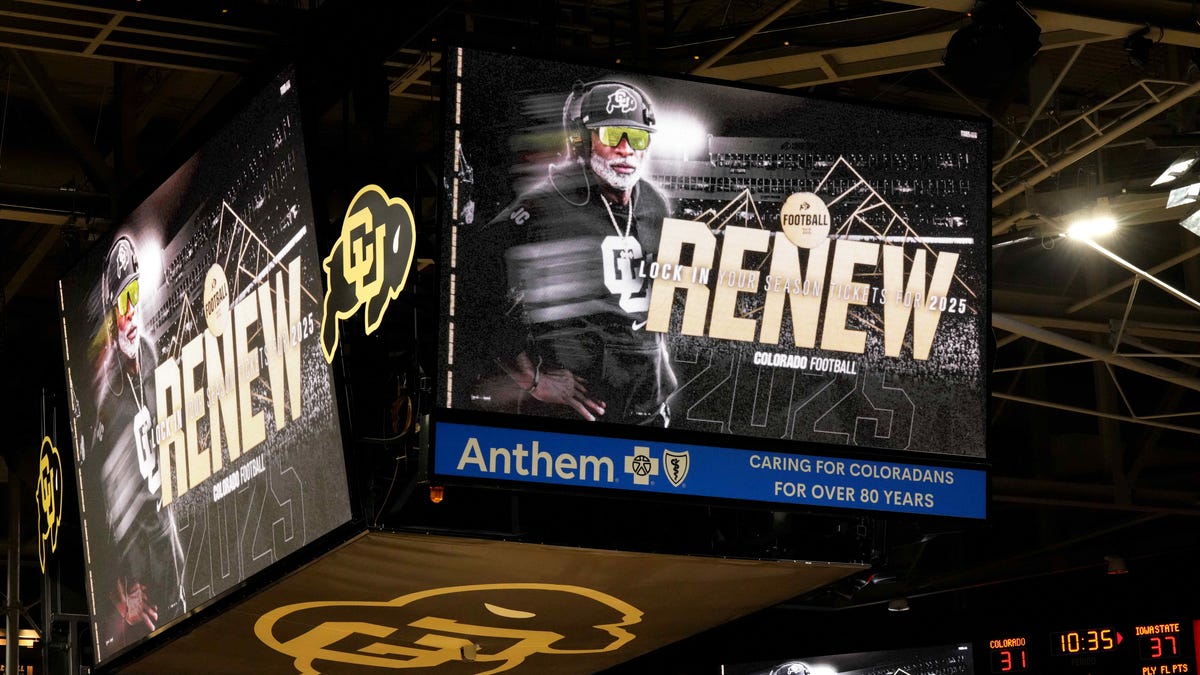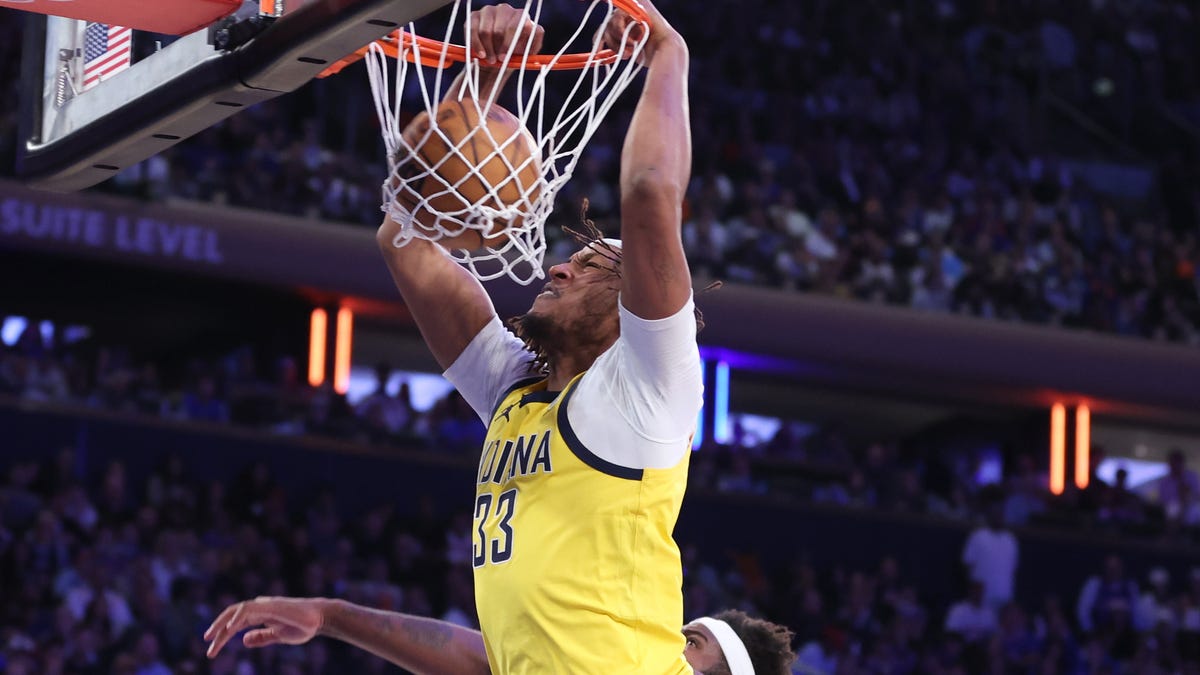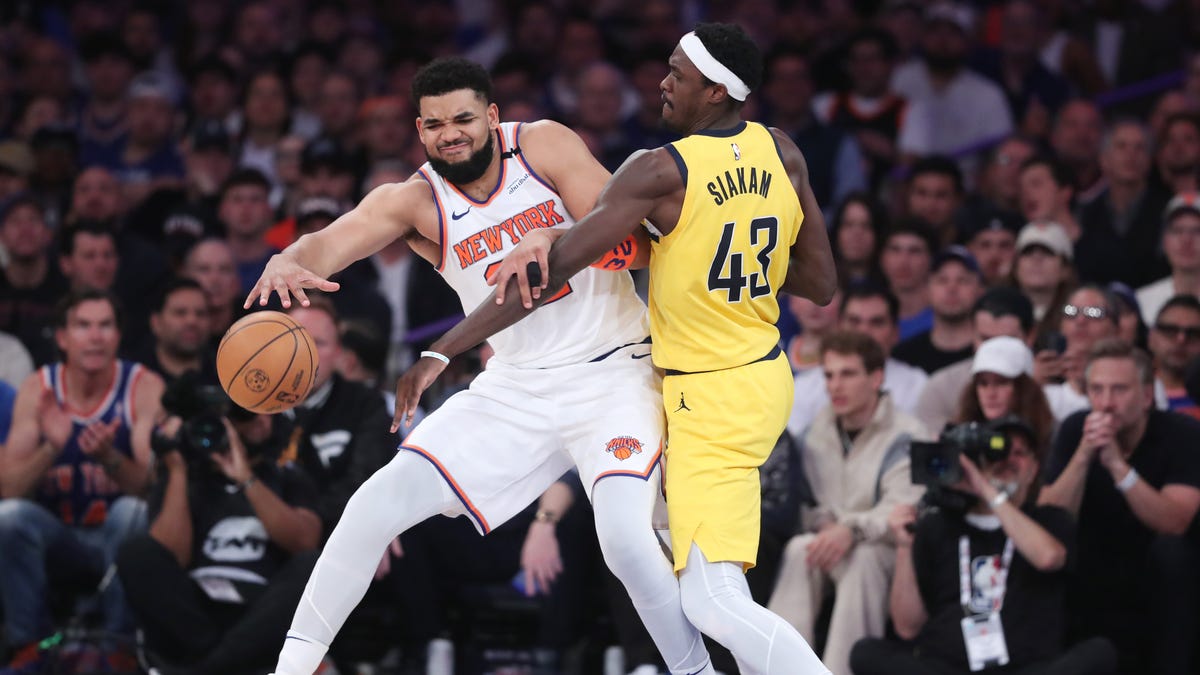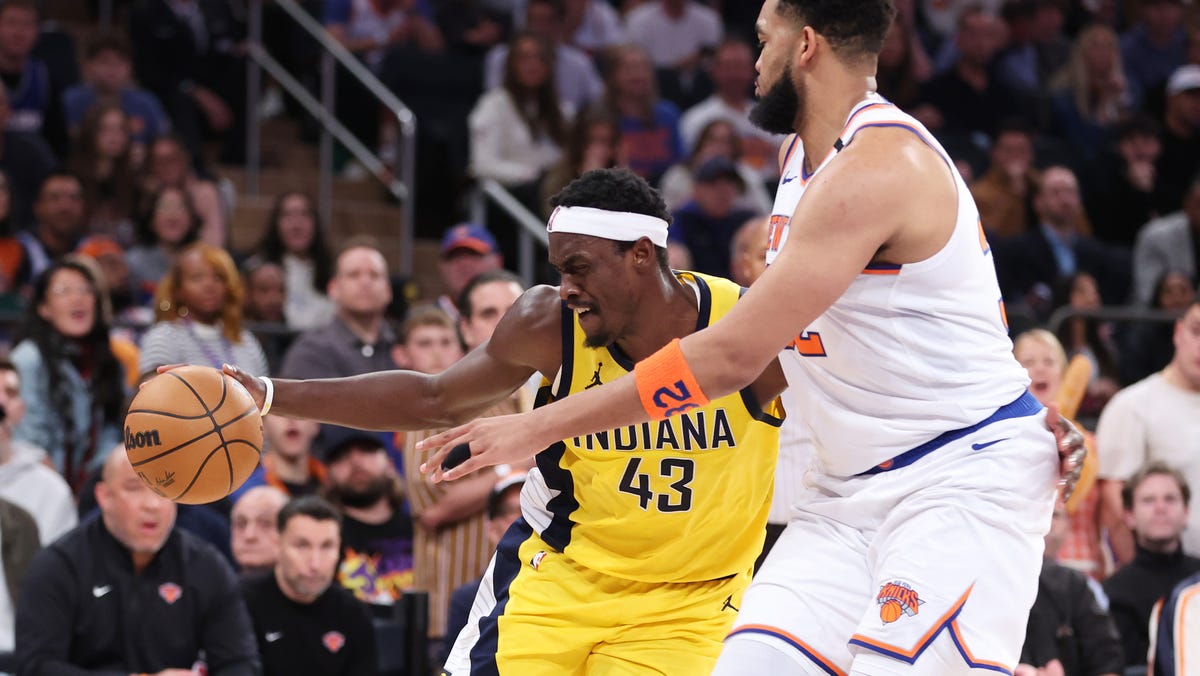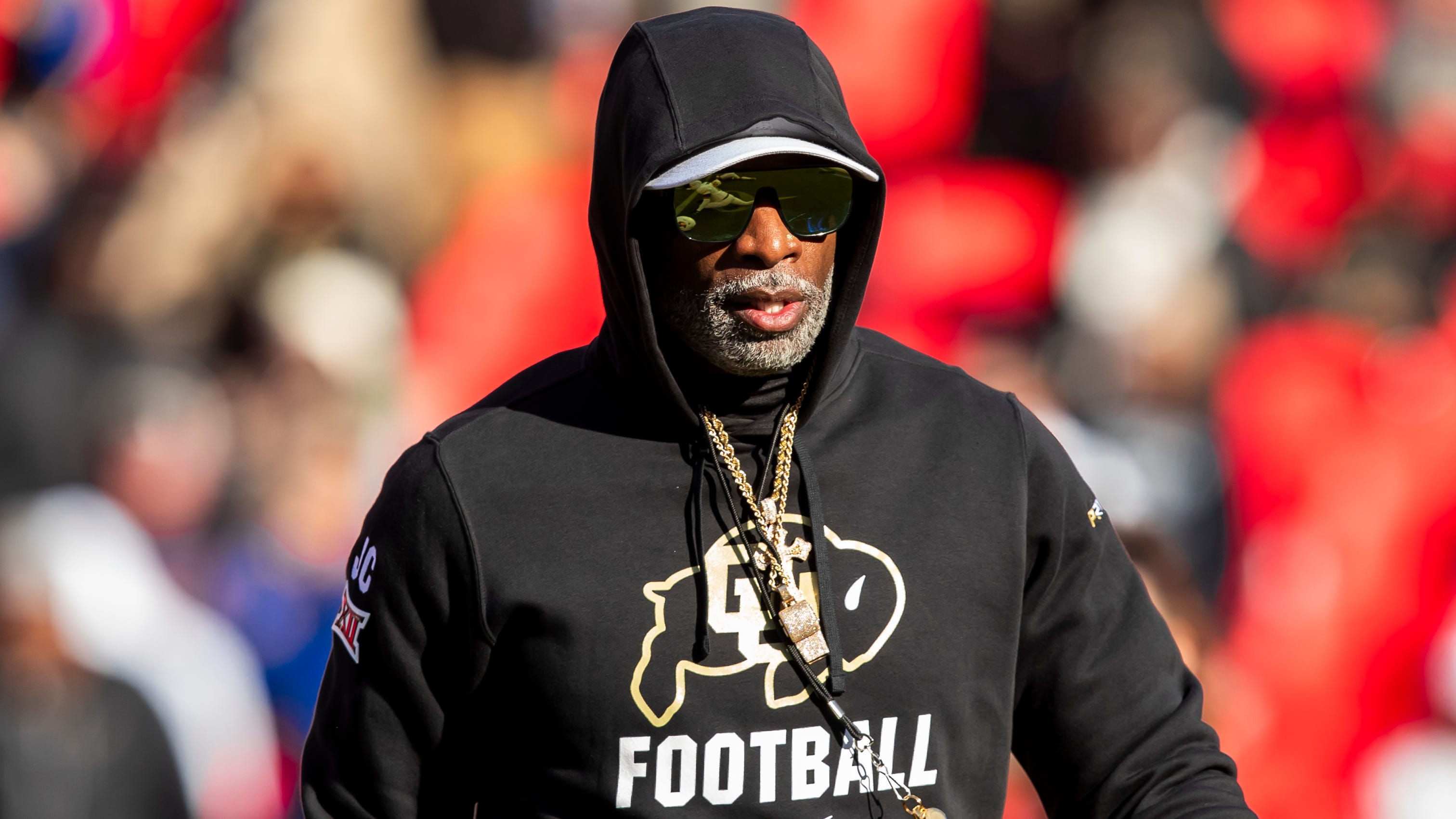
Champ Bailey on former teammate Deion Sanders potentially becoming the HC in Dallas
Champ Bailey discusses the possibility of Deion Sanders becoming the next head coach of the Dallas Cowboys.
Sports Seriously
The Colorado athletic department reported record revenue and football ticket sales in fiscal year 2024, leading to an $8.2 million “profit” after posting deficits in five of the previous six years, according to a financial report filed by Colorado recently with the NCAA.
Colorado released the report this week for fiscal year 2024, which covers July 1, 2023, to June 30, 2024, including the first football season under coach Deion Sanders and also the last full fiscal year for Colorado in the Pac-12 Conference. The Coach Prime Effect of Sanders’ hiring helped lead the department to a record $146.6 million in reported revenue and a record $31.2 million in football ticket sales, which is roughly double the previous school record.
But the overall athletic department revenue still includes a school-record $31.9 million in allocated funds from the university in the form of direct institutional support ($27.1 million), indirect institutional support ($3.1 million) and student fees ($1.7 million). Without that, Colorado still would have posted record generated revenue but not nearly enough to keep up with its reported expenses.
“Institutional support was provided to help offset shortfalls in conference distributions as well as costs related to legal settlements caused by conference realignment,” said a statement from Colorado athletic department spokesman Steve Hurlbert. “This support consists predominantly of auxiliary reserves and does not include any tuition or state funds. As we begin a new era in college athletics that is unprecedented in our history, the university will continue to explore long-term funding options for intercollegiate athletics in order to best position CU for success amidst a constantly evolving landscape.”
Challenges ahead, especially if Deion Sanders leaves
The report underscores the power of the Prime Effect at Colorado while also showing the challenges the university faces during a turbulent time in college sports for all schools, especially if Sanders leaves for the NFL as speculation about it swirls. The pending House lawsuit settlement with the NCAA permits schools to pay players directly for the first time, putting pressure on athletic departments to come up with the money for it.
In preparation for that, Colorado has cut ties with the 5430 Alliance, the third-party collective that was paying Colorado players for use of their names, images and likenesses (NIL).
The school instead is now encouraging donors to give money to the athletic department’s fundraising arm, which would make giving money to third-party collectives “unnecessary,” Colorado athletic director Rick George said in email to supporters Jan. 13.
The now-defunct 5430 Alliance had an $8 million goal for the football budget in 2024, a far cry from the estimated $20 million in NIL money compiled this season for the football team at Ohio State. The pressure to keep up and pay players even led a former Colorado football staffer, Trevor Reilly, to seek $10 million in investment funding from Saudi Arabia before he quit in frustration. The school said it did not sanction this unsuccessful quest.
Pac-12 Conference woes partly at issue
The biggest revenue categories in the report were football ticket sales and the allocated university support. The ticket sales figure captures the first-ever season sellout at Folsom Field in 2023, when the Buffaloes finished 4-8, in addition to the spring football game in April 2024.
The allocated university support is only slightly higher than the $31.89 million provided to athletics in fiscal year 2023, when the department posted a $9.1 million deficit despite bringing in then-record revenues of $127 million, according to the NCAA report. But in previous years before that, the combined allocated support from the university was usually around only $12 million.
The shortfall in fiscal 2023 was attributed in part to similar underwhelming distributions from the Pac-12, which includes media rights. In fiscal 2024, the Buffaloes got even less in overall media rights revenue ($16.6 million) than they did in fiscal year 2023 ($19.4 million) or fiscal year 2020 ($21.9 million).
The Buffs now hope their conference distribution revenue improves in the Big 12 Conference, which they rejoined last August. In addition to new expenses for paying players, Colorado is expected to increase the compensation for Sanders, who made $5.7 million in guaranteed pay this past year and recently talked to Dallas Cowboys owner Jerry Jones about becoming his new coach. Colorado spent a record $12.5 million on football coaches’ compensation in fiscal year 2024.
Meanwhile, NCAA-defined “contributions” or donations went down from $29.3 million in fiscal year 2023 to $14.8 million in fiscal 2024, which was similar to the contribution totals in the years before Sanders, according to the NCAA reports. Fiscal year 2023 included roughly the first seven months after Sanders’ hiring in December 2022. Hurlbert said contributions went down in fiscal 2024 because the last tranche of donor funds from the school’s Sustainability Excellence Initiative were used in fiscal 2023 to pay off debt.
But CU also set a new school record in fiscal 2024 for revenue from royalties, licensing, advertisement and sponsorship – $10.7 million, up from previous years that hovered around $6 million to $8 million.
Follow reporter Brent Schrotenboer @Schrotenboer. Email: bschrotenb@usatoday.com






